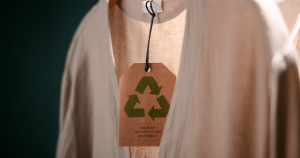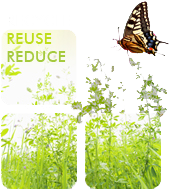
Performance Textile Fabric Supplier: A Complete Guide for Brands and Manufacturers
In today’s competitive apparel and textile market, choosing the right performance textile fabric supplier is essential. Performance fabrics are now widely used across activewear, outdoor







